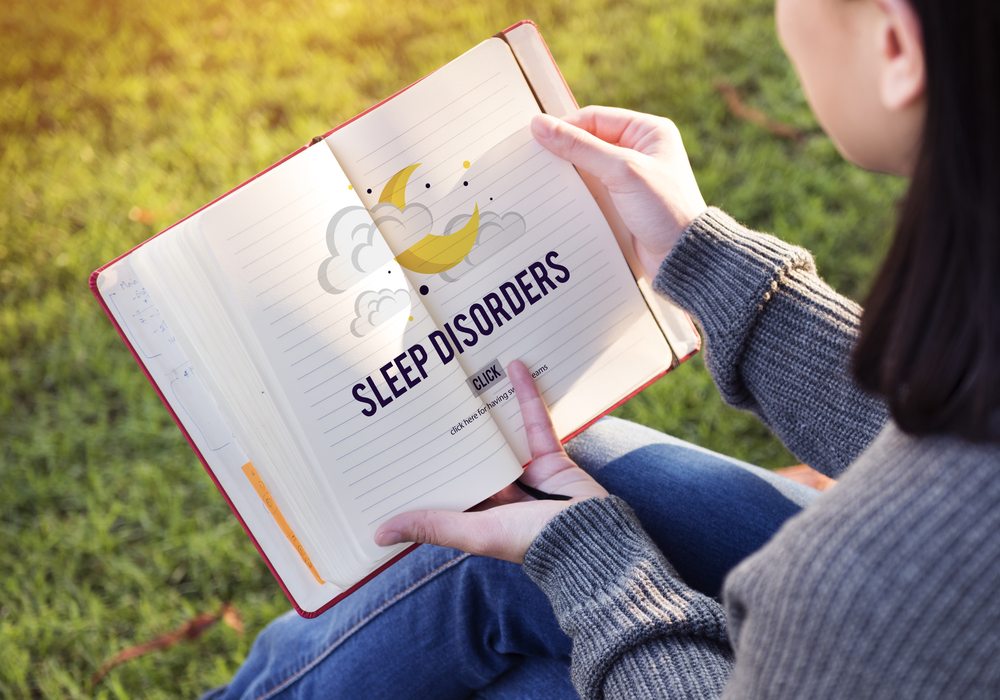What Kind of Doctor Can Treat Sleep Disorders?
You have a lot of company if you suffer from sleep disorders. Estimates indicate between 50 and 70 million Americans share your concerns.
Insomnia is the most common sleep disorder; others include sleep apnea and restless leg syndrome,
So, what kind of doctor can best treat your sleep disorder?
Start with Your Primary Care Provider
Your primary care doctor knows your health history and is the medical professional most familiar with your health and situation. Explain your sleep issues as clearly as possible. Before your appointment, log your sleep/wake cycle and how often you awaken in the night. Doing this can help your doctor make an informed diagnosis.
Your primary care doctor may refer you to a Sleep Center for testing and monitoring your body as you sleep. Next, depending on the results, the sleep center will refer you to a sleep specialist for treatment.
What Is a Sleep Specialist?
Sleep specialists train in various disciplines like neurology, psychiatry, pediatrics, or internal medicine during their residency. After that, they will complete a fellowship program in sleep medicine.
After successfully training in sleep medicine, they complete a fellowship in sleep medicine before receiving their American Board of Sleep Medicine (a part of the American Board of Medical Specialists) board certification.
It is a good idea to check with your insurance company to verify which sleep specialists your plan covers.
Which Sleep Specialist Is Best for Me?
Since doctors who become sleep specialists have specific training in different fields, you have a lot of options for finding your best fit.
These options can include:
Dentists and Oral and Maxillofacial Surgeons,
Certain dentists have training for treating sleep-related breathing disorders like sleep apnea. A dentist may fit you with a unique device that moves your jaw forward to make breathing easier. Typically, a dentist works with your board-certified sleep specialists who oversee your treatment.
Otolaryngologists (ear, nose, and throat doctors)
An ENT specializes in the structure of your head and face. These doctors can address issues with narrow airways affected by the size and shape of particular body parts like tonsils, a disproportionately large tongue, or a naturally small airway.
Psychiatrists and Psychologists
Frequently, changing some behaviors can aid in treating or resolving sleep apnea. These may include losing weight, quitting smoking, sleeping on your side, or other straightforward adjustments to your routine.
A behavioral health expert such as these can help you craft a strategy for modifying those unwanted behaviors to get more restful sleep. They can also offer help and support for managing the issues arising from poor sleep, like depression, anxiety, and more.
Neurologists
This discipline focuses on the brain and nervous system and how they affect sleep disorders like sleep apnea. With age, the signals from our brain that keep our throat muscles rigid while we sleep can malfunction, causing the muscles to relax and limiting air intake. A neurologist has the training to address such issues.
Respiratory Therapists
A respiratory therapist will work with your sleep specialists and assist in managing and treating any breathing issues. They can be a valuable partner in your treatment.
Surgeons
Sometimes breathing machines, weight loss, and dental devices can’t resolve sleep apnea or other issues, and you may require surgery. Depending on the source of your problem, a surgeon may implement a simple procedure to make the tissue in your mouth or throat more rigid or smaller to reduce or remove a blockage. Additionally, the surgeon may remove your tonsils and extra tissue that hinders your breathing ability in more severe cases.
Pediatricians
Pediatricians specialize in treating children, including those with sleep disorders such as sleep apnea. Sufficient sleep is critical for everyone, especially for children who are developing physically and mentally. Insufficient sleep can have a severe impact on a child’s development.
Final Thoughts
Struggling with a sleep disorder is challenging and threatens your health and overall well-being. Resolving sleep issues like insomnia and sleep apnea is essential for your health. Finding the right doctor to work with your problems can make all the difference.
Begin with your primary care physician, who can make an initial assessment and will likely have recommendations for an appropriate sleep specialist in your area. It’s crucial that you find someone to work with who understands sleep issues and how you can best overcome them.
Sleep Science Academy’s team of professional sleep coaches and our highly successful and uniquely empowering program is a powerful resource for supporting your treatment and efforts in resolving all of your sleep issues.
We have hundreds of happy and well-rested clients, and you can hear from them by following this link. Why not contact us today and schedule your free sleep consultation with one of our professional sleep coaches? It’s never too late to start sleeping better.
This article explains more about our philosophy and Dynamic Sleep Recalibration (DSR).

